Search is now available for the website, it is getting massive.
Use this if you are looking for specific topics titles or use keywords like:
Climate, Democracy, Education
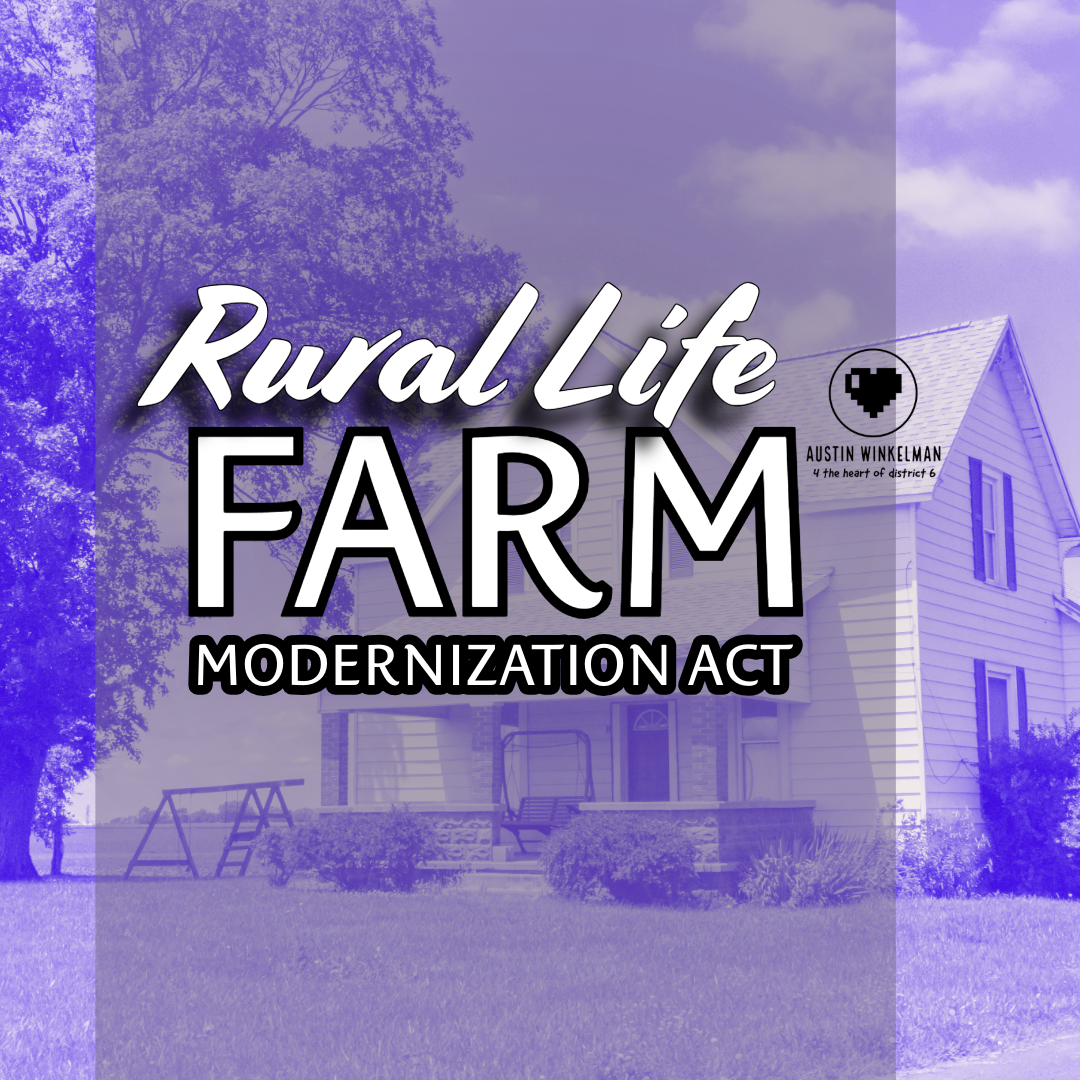
Farm Modernization Act
Farm Modernization Board (FMB):
Oversees programs, funding, and compliance.
Includes farmers (small, medium, large), experts in sustainability, and public interest representatives.
Develops free AI tools to help farmers modernize and adapt.
Direct Funding for Upgrades:
Support for renewable energy projects (solar, biogas, other renewables).
Expansion of underground and climate-resilient farming.
Upgrades to irrigation, water conservation, and carbon/methane capture systems.
Modernized power infrastructure to improve productivity and resilience.
Regulation and Support:
Farmers facing new regulations can access grants scaled by farm size to offset compliance costs.
Technical assistance, including AI tools, provided to ensure smooth transitions.
Environmental & Worker Safety:
Mandatory environmental impact checks on all modernization projects.
Strong protections for worker safety and health.
Transparency and Accountability:
Annual reports to Congress on program effectiveness.
Independent audits to prevent fraud, with results made public.
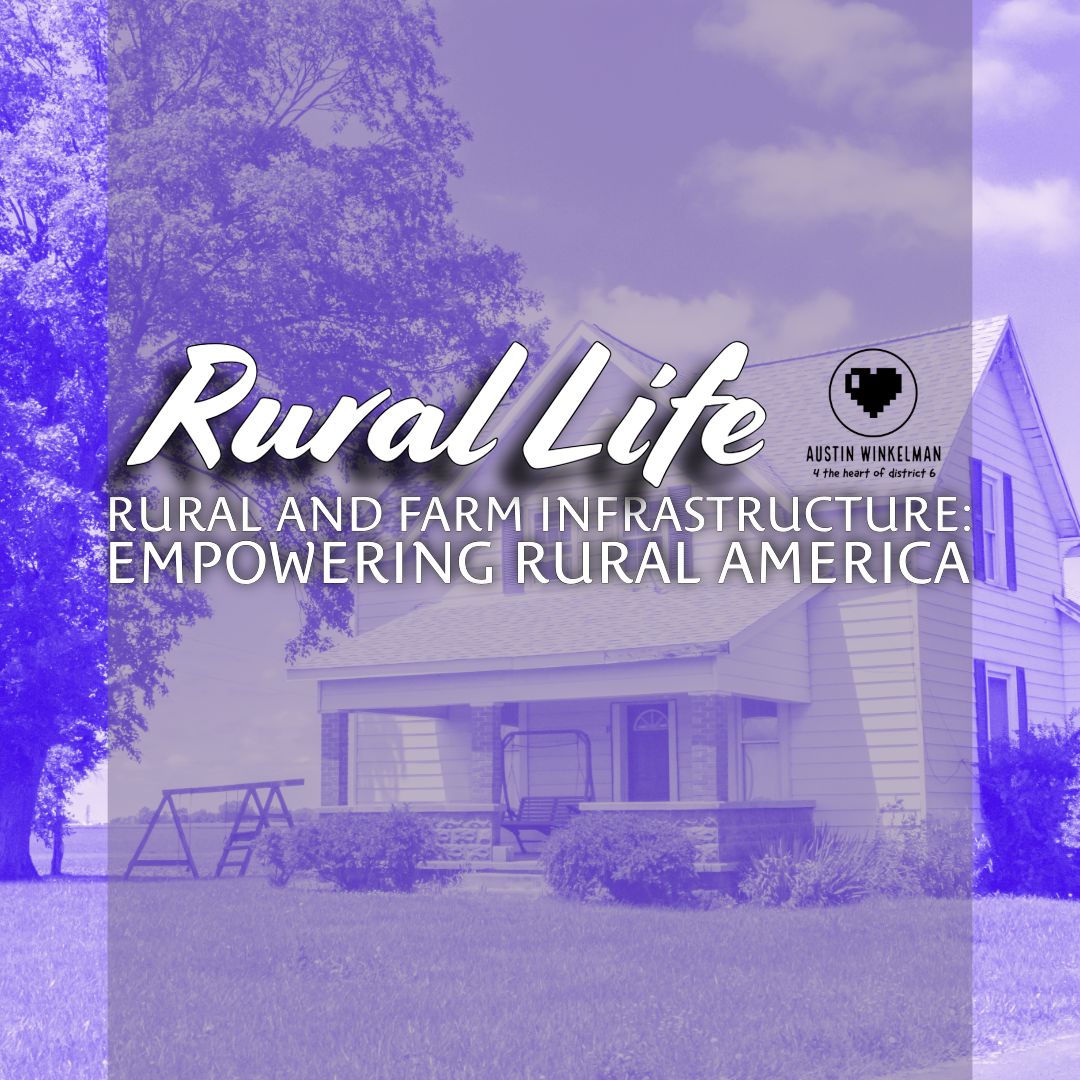
Rural and Farm Infrastructure: Empowering Rural America
Modernizing Farm Power Infrastructure:
We must establish a grant and loan program to help farmers improve outdated power systems. This program would provide funding for critical upgrades to ensure that farms can support modern equipment.
For example, many large-scale milking machines require 480V power to operate efficiently. However, some older farms are still working with 208V systems that are incompatible with newer equipment. In these cases, farmers are often forced to invest in costly step-up transformers or switch to gas-powered generators—solutions that are expensive and inefficient. Federal support for infrastructure upgrades can help eliminate these barriers, reducing costs for farmers and boosting productivity.

Farm Loans
Barriers to Access:
One of the primary obstacles embedded in the farm bill is a clause requiring proof of "managerial ability." While intended to ensure responsible lending, this clause can unfairly exclude hardworking farmers and ranchers who may lack formal managerial credentials but possess the practical expertise needed to run their operations. Removing this requirement would vastly increase loan eligibility and allow more farmers to access the funding they need to succeed.
Additionally, the requirement for applicants to prove they have "sufficient credit elsewhere" often disqualifies farmers who could otherwise benefit from the favorable loan rates offered, which range from 1.5% to 5%. This provision effectively locks out many smaller operations and family-owned farms that need competitive financing to grow or recover from financial setbacks.
To make farm loans more accessible and equitable, I propose the following reforms:
Remove the "Managerial Ability" Clause: Shift the focus to the farmer’s practical experience and history of operation rather than formal managerial qualifications.

Greener Dairy farm?
Methane Capture and Energy Generation:
Dairy farms can adapt methane capture technologies already used in the waste disposal industry. By collecting methane emissions from manure and other waste, farms can:
Burn methane to produce heat and energy, converting a more harmful gas into one that can be captured and disposed of using carbon capture technology.
Implement zeolite clay mixed with copper to absorb methane from the air and speed up its natural conversion into carbon dioxide. With adequate investment in research and development, farms could deploy devices capable of absorbing methane emissions directly from pastures.

Hydroponic Underground Farming: An Eco-Friendly Approach
By implementing hydroponic systems in underground, regulated settings, we can cultivate crops in optimal growth conditions, regardless of external weather. This innovative approach offers resilience against:
Extreme heat and cold
Severe weather events
Land availability constraints
In addition to increased yields, underground farming reduces the need for extensive pesticide, herbicide, and diesel fuel, enabling the production of food that is both more environmentally friendly and cost-effective for farmers and consumers alike.
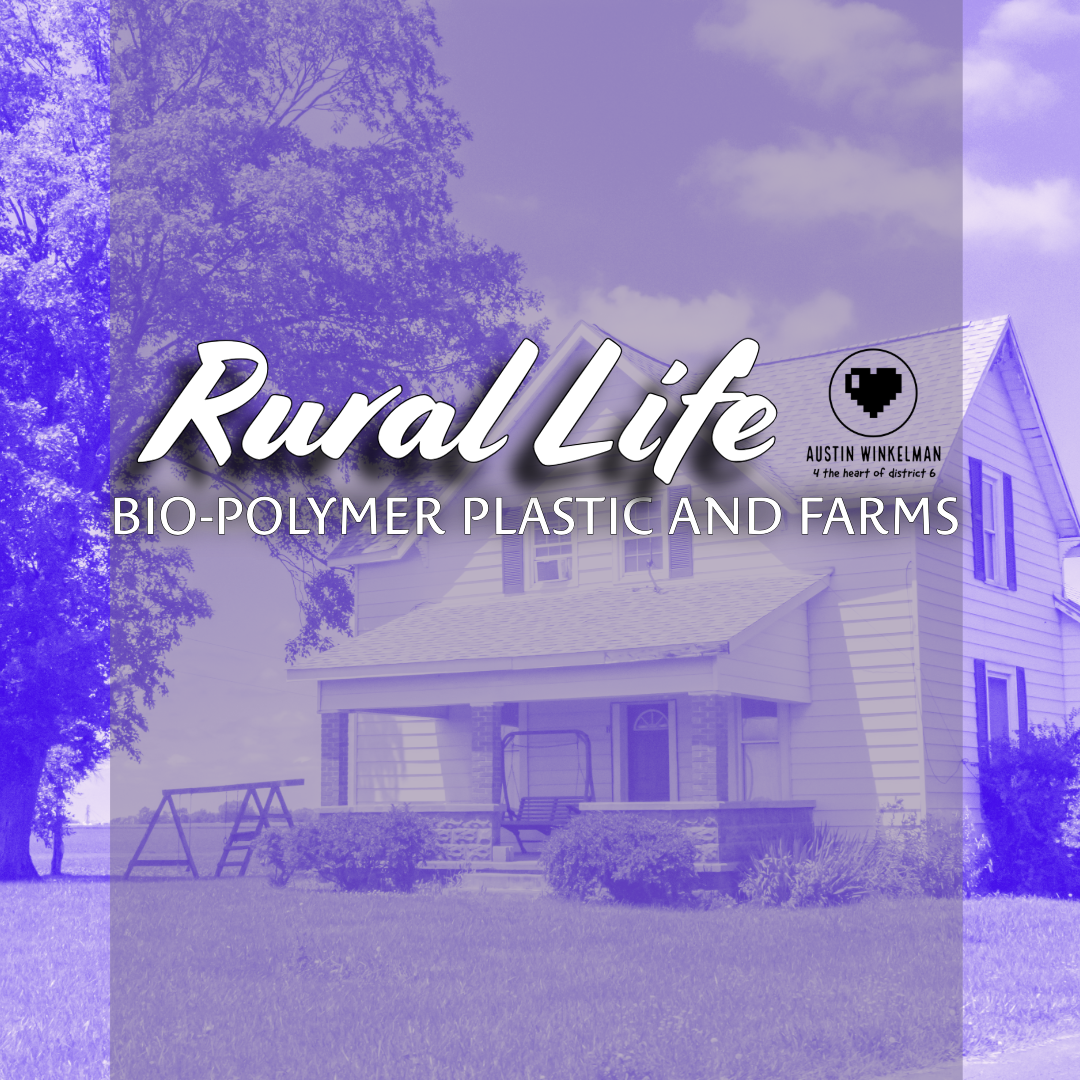
Bio-polymer plastic and farms
Plastic pollution is a significant and escalating issue that continues to worsen as conventional plastics—known as olefins—accumulate in landfills and oceans, contributing to an environmental crisis. To address this growing problem, we must look toward sustainable alternatives, particularly in the packaging industry, one of the largest producers of plastic waste.
Biopolymers, derived from renewable agricultural sources, offer a promising path forward in the fight against plastic pollution. Common biopolymers used in sustainable packaging
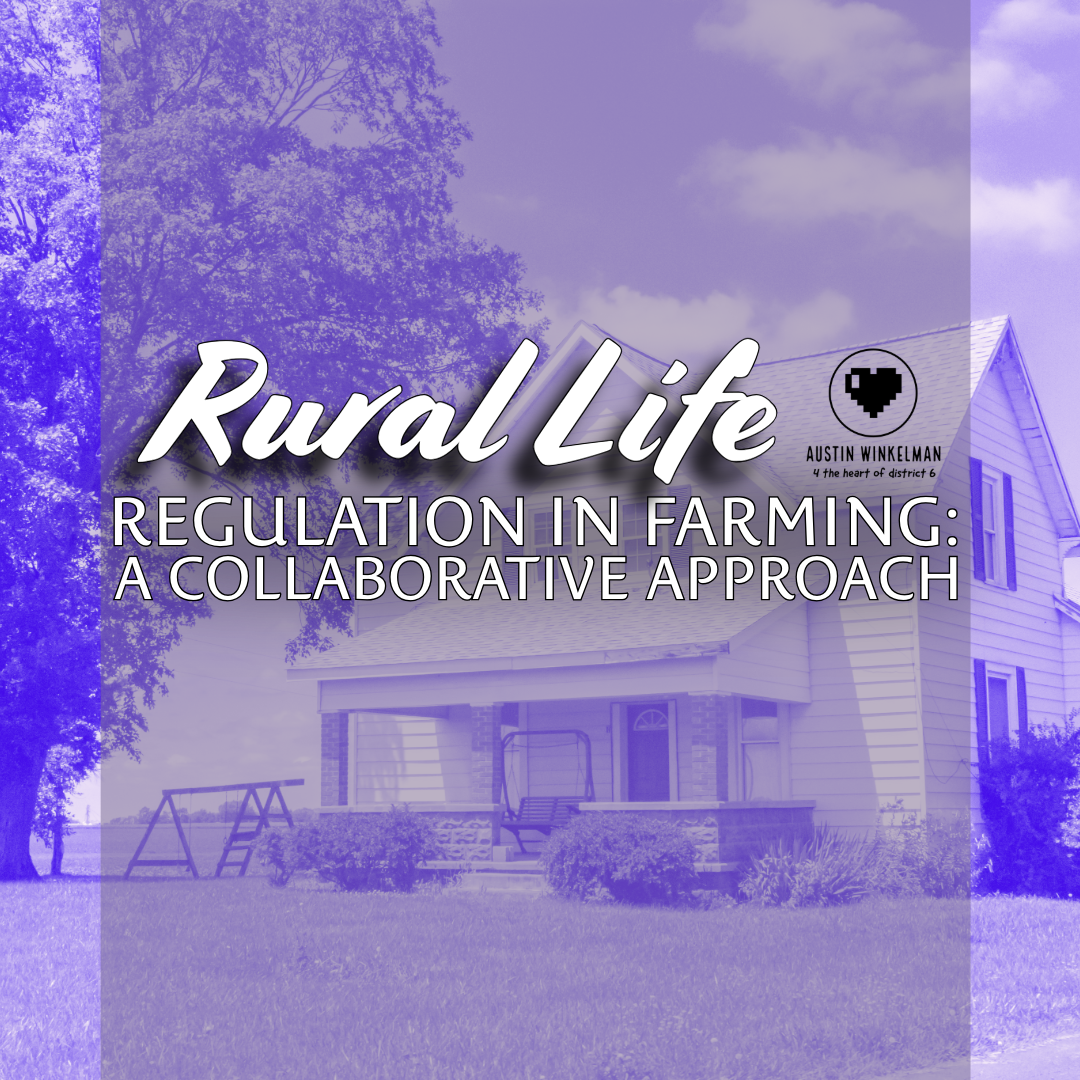
Regulation in Farming: A Collaborative Approach
Instead, we should ask, “Here is a new regulation—what support do you need to achieve compliance?” Whether it’s financial assistance, technical support, or additional labor resources, collaboration with family farmers ensures a stronger, more secure food supply chain while preserving independence from large corporate farming operations.
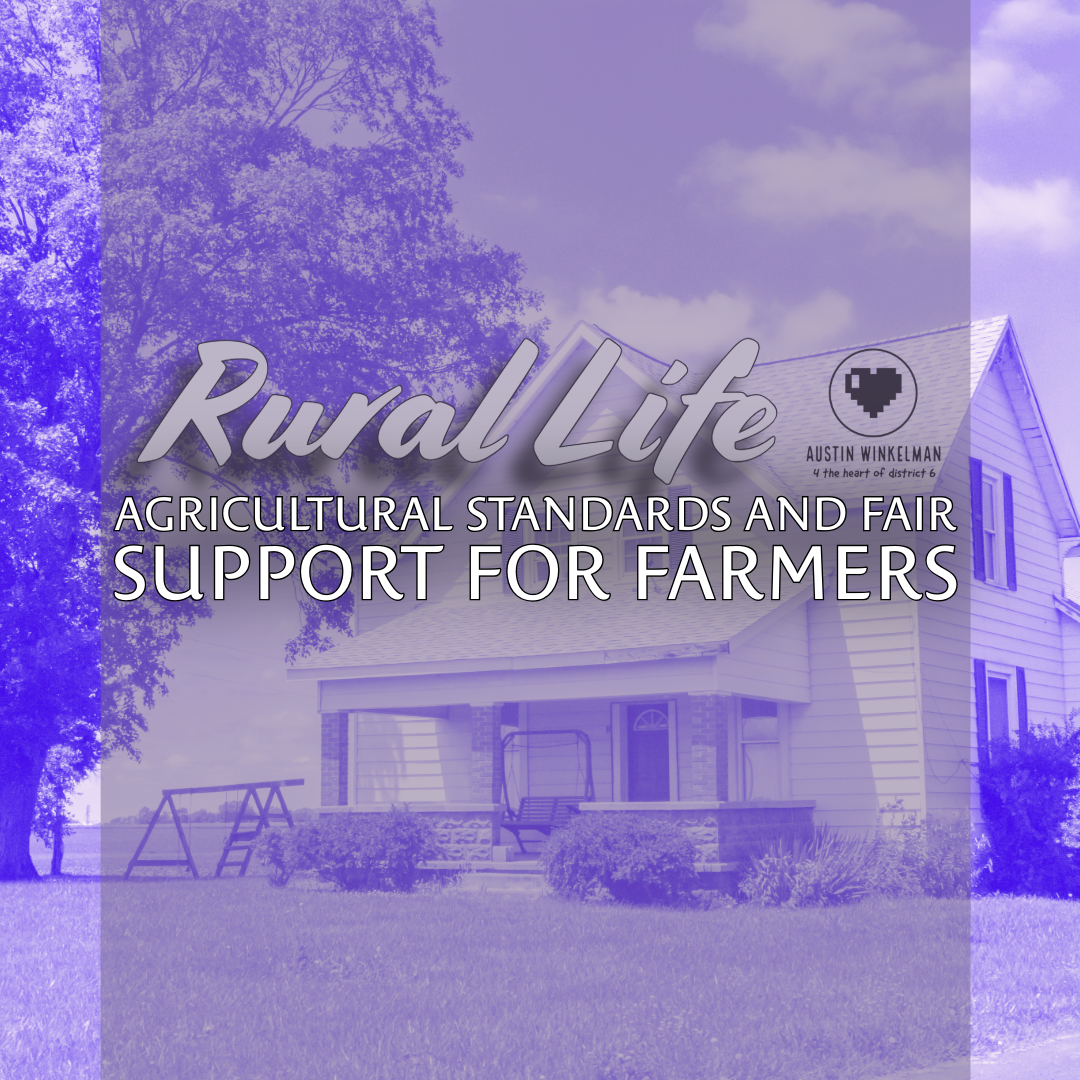
Agricultural Standards and Fair Support for Farmers
While I support these standards, it is crucial to recognize that regulations requiring farmers—especially small, family-owned farms—to make costly upgrades should be accompanied by government assistance. If the federal government were to adopt regulations similar to Proposition 12, it must also provide financial support to help farmers meet the requirements. This could include subsidies, grants, or low-interest loans to offset the costs of necessary infrastructure improvements. It is only fair that if the government mandates change, it also shares in the cost of implementation.
Pitch in
Your donation goes directly to essentials like printing literature, digital outreach, and community events. Even small amounts make a huge difference.
This campaign isn’t about me, it’s about us. It’s about proving that working people can take on wealthy interests and win. With your support, we can bring fresh ideas, accountability, and real representation to Congress.
Join in by donating Via our Website
or
Act blue
Just do $1.00






